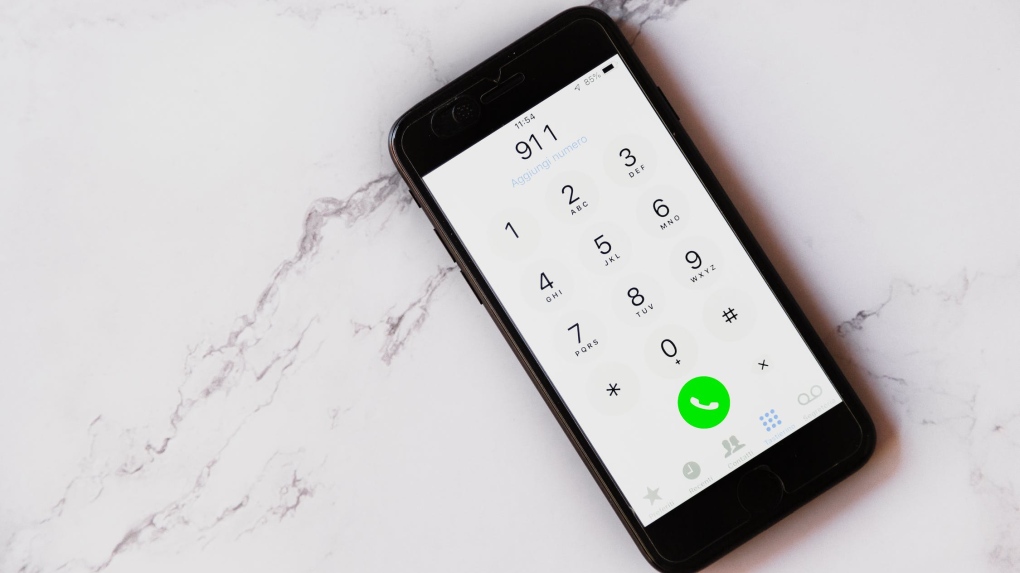
A report for Ottawa’s emergency preparedness and protective services committee shows the city’s 911 service fell short of the target time for an operator to connect with a caller.
According to the 911 annual report for 2023, calls to the emergency system were answered by an operator within six seconds 89 per cent of the time.
The Service Level Agreement between the City of Ottawa and the Ottawa Police Services Board requires that 97 per cent of 911 calls be answered within six seconds from the time a call is received.
It’s the third year in a row the call response standard was not reached, but an improvement from 2022 when calls were answered within six seconds 81 per cent of the time.
The report notes the industry national standard for 911 response time is for 90 per cent of calls be answered within 15 seconds and 95 per cent to be answered within 20 seconds.
If the city was to adopt these standards for this performance indicator, it would be meeting it with 100 per cent compliance, the report said.
“A contributing factor in 2023 was that call volume was higher than normal partly due to technological and software application updates on cell phones and other devices that resulted in erroneous calls to 9-1-1, across North America,” the report said.
“The erroneous calls directly contributed to operator workload because they required call-backs to be performed to confirm that the calls were indeed made in error. That issue will not be a factor for 2024 as the technological glitch has been resolved.”
The city says it will continue to work with the Ottawa Police Service so that 911 operates more efficiently. Part of this will be done through public information campaigns to help residents know when to call 911, the non-emergency line or when to call someone else, such as 311.
The report found calls to 911 increased overall in 2023, a trend that has continued since 2020. There was an 18 per cent increase in calls to 911 in 2023, up from 348,367 calls in 2022 to 411,617 in 2023.
In 2023, calls for the Ottawa Police Service made up most of the service requests at 67 per cent and paramedics made up 29 per cent.
Calls for Ottawa Fire Services and other services made up 3 per cent and 1 per cent, respectively.
The report says the Ottawa Police Service and Ottawa Fire Services are working to transition towards a new system known as Next Generation 911, which will replace decades-old analog technology in emergency communication centres with a digital network, allowing dispatchers to get to urgent calls faster and laying the groundwork for receiving texts, photos, and videos from callers in the future.
The city says it is working closely with them to ensure a smooth transition of the service, but no timeline was given on when the service might be available.